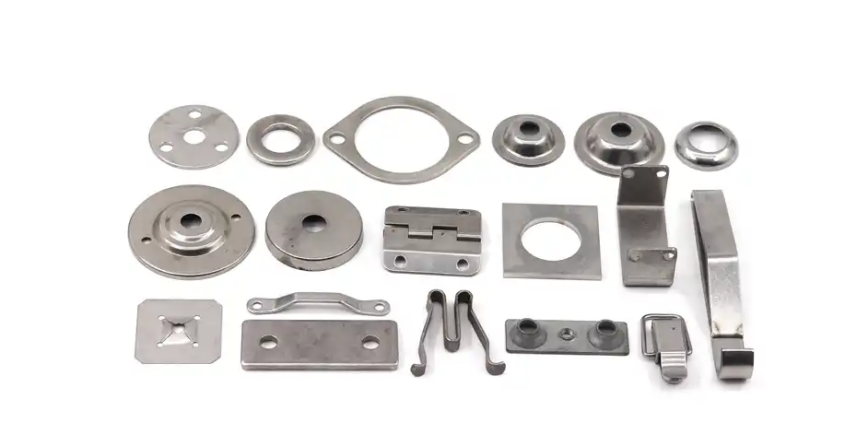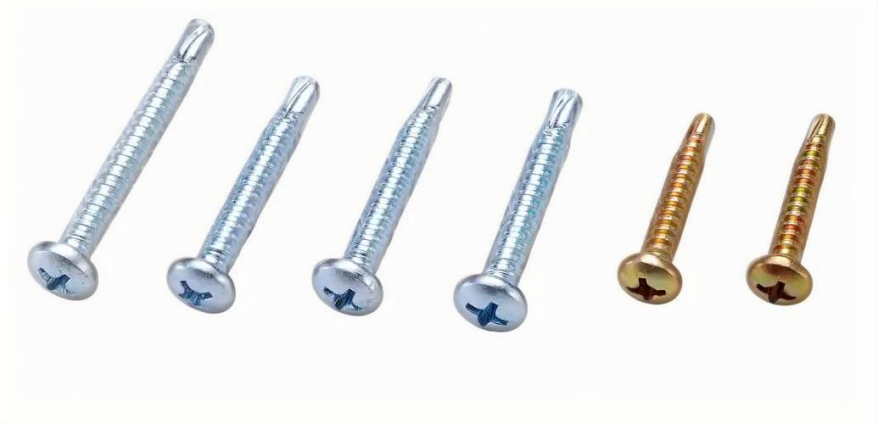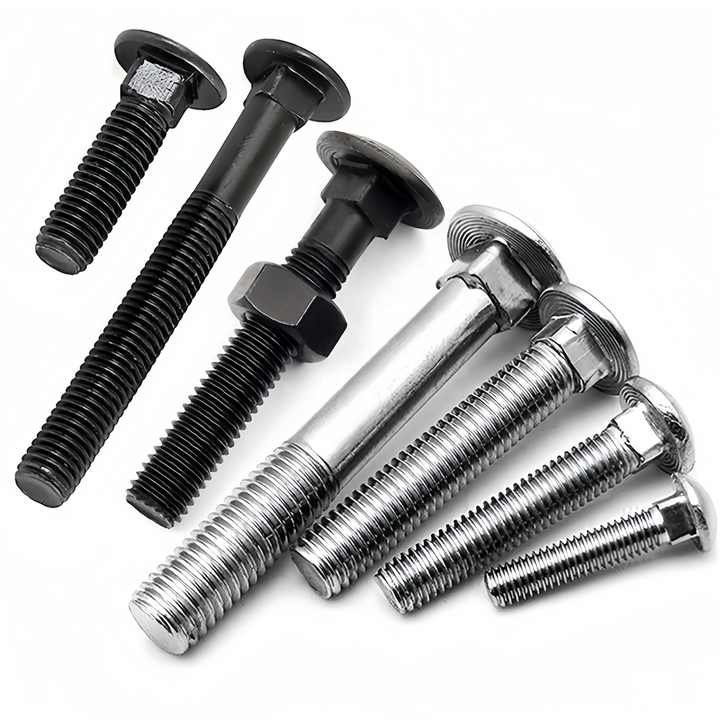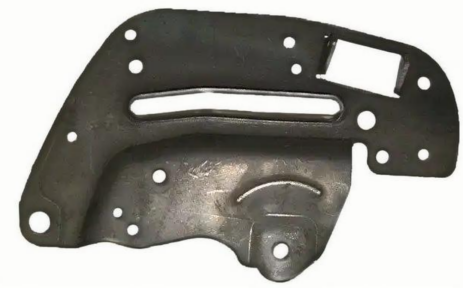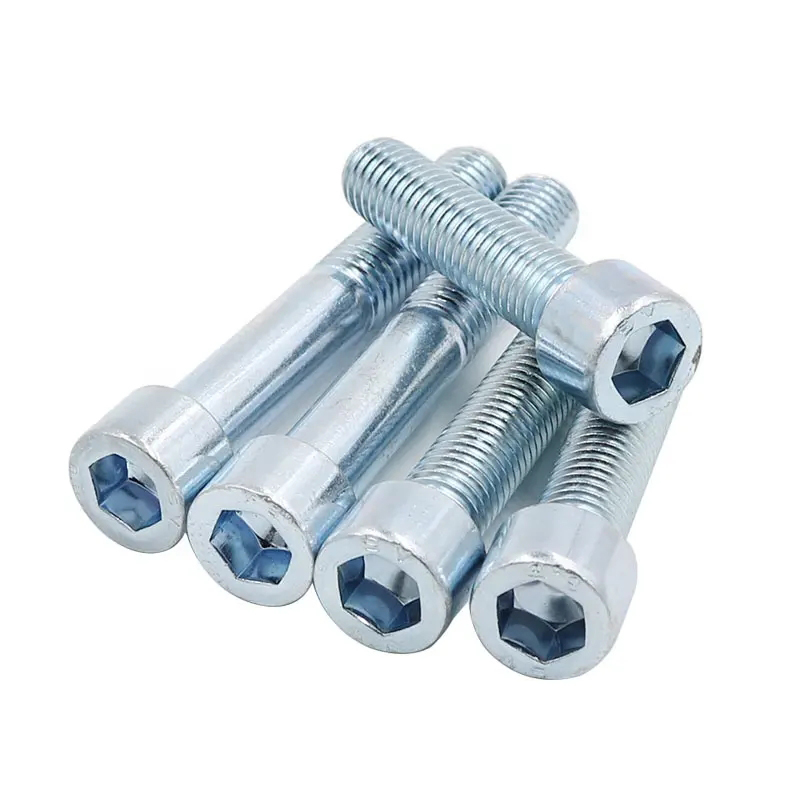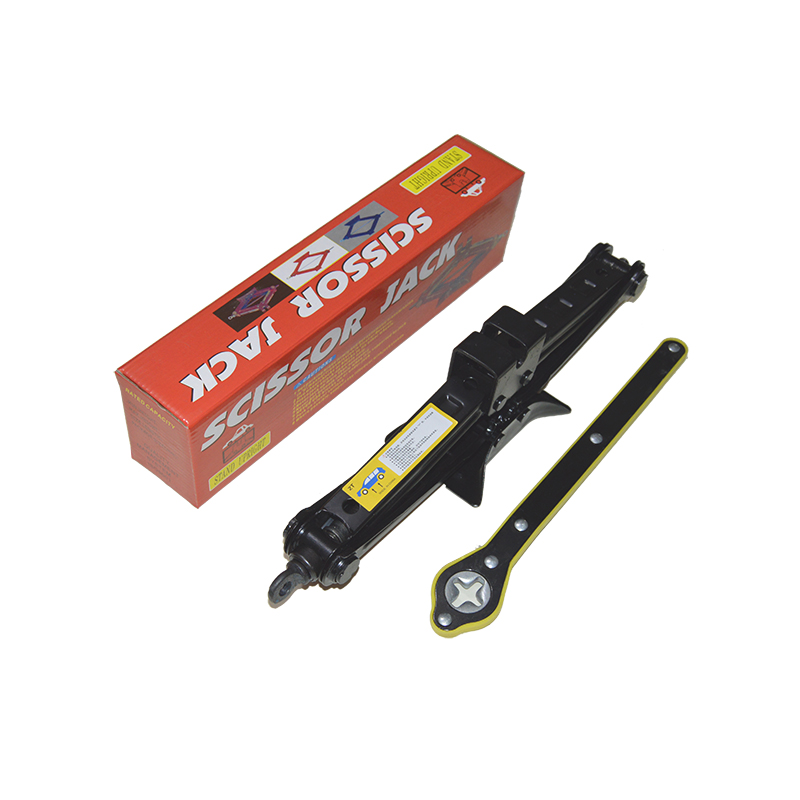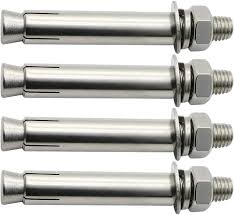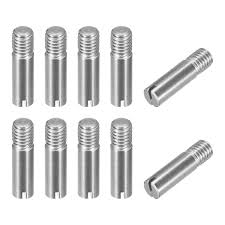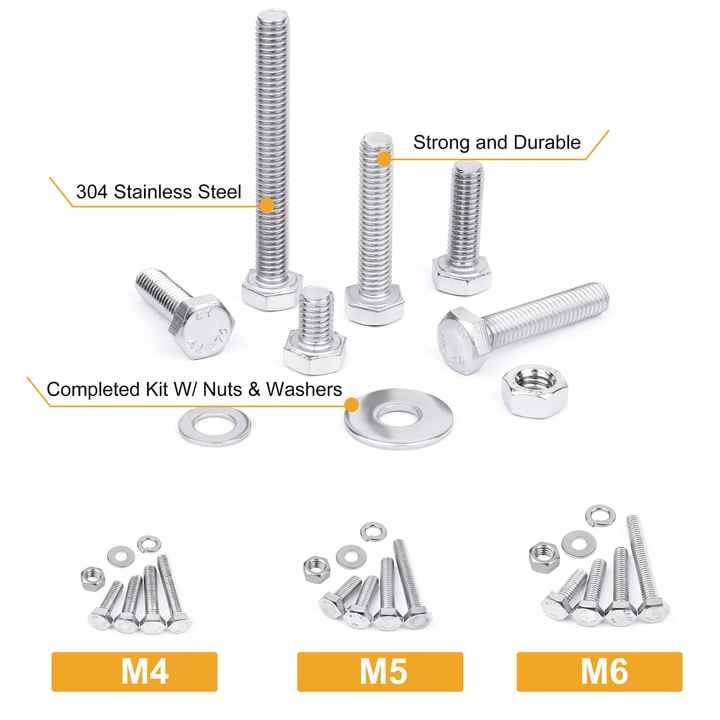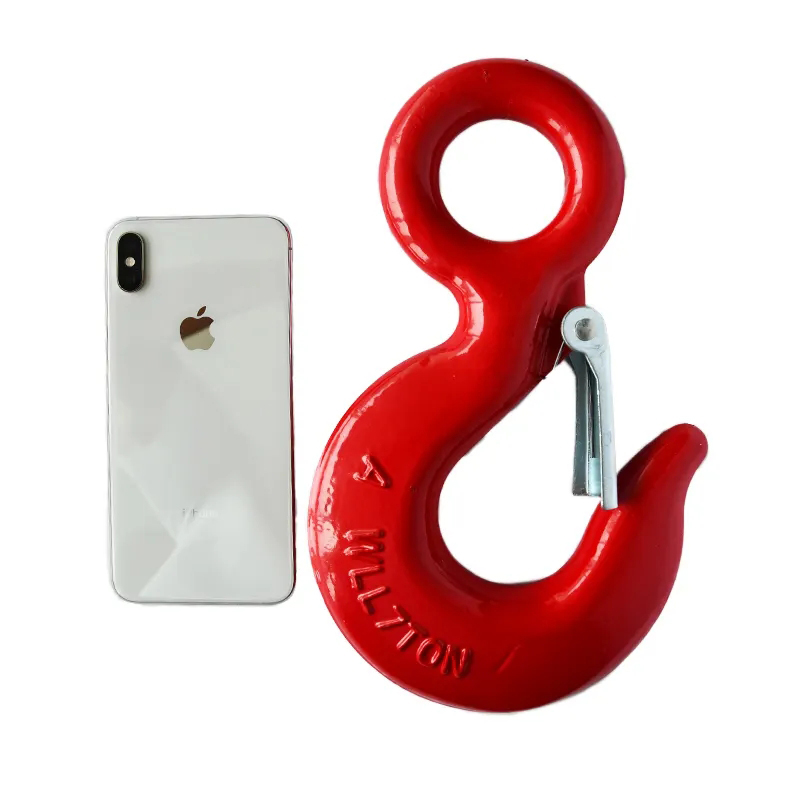

This guide provides comprehensive information on selecting suitable expansion bolts for concrete factories, considering the unique demands of industrial environments. We'll explore different types, installation techniques, and factors to consider for optimal performance and safety.
Concrete factory environments present unique challenges for fastening systems. Heavy machinery, constant vibrations, and exposure to various chemicals necessitate robust and reliable expansion bolts. The choice of bolt depends heavily on the specific application, load capacity requirements, and the type of concrete involved. Poorly chosen fasteners can lead to equipment failure, safety hazards, and costly downtime.
Mechanical expansion bolts for concrete factories utilize a wedge or sleeve mechanism to create expansion within the concrete hole. These are commonly used for medium to heavy-duty applications. Different materials, such as steel and stainless steel, offer varying degrees of corrosion resistance. Consider the specific chemical environment of your factory when making this selection. For example, stainless steel might be preferable in areas with high humidity or exposure to certain chemicals.
Chemical expansion bolts employ a resin that expands and hardens within the drilled hole, creating a strong and durable bond with the concrete. These are ideal for applications requiring high tensile strength and are often used for heavier loads or in cracked concrete. This method often provides superior load-bearing capacity compared to mechanical expansion bolts, especially in weaker concrete. Chemical anchors generally require more precise drilling and longer curing times. Always follow the manufacturer's instructions carefully.
Sleeve anchors offer a simple and effective solution for less demanding applications. They are inserted into pre-drilled holes and secured by tightening a threaded bolt. While less expensive, they may not be suitable for very heavy loads or applications subject to significant vibrations. They're a good option for lighter equipment or installations where ease of installation is prioritized.
Selecting the correct expansion bolts for concrete factories requires careful consideration of several factors:
Proper installation is crucial for the performance and longevity of your expansion bolts. Always consult the manufacturer's instructions for specific guidance. General best practices include using appropriate drill bits, ensuring proper hole depth and diameter, and avoiding over-tightening.
| Type | Load Capacity | Corrosion Resistance | Installation Complexity |
|---|---|---|---|
| Mechanical | Medium to High | Variable (depending on material) | Moderate |
| Chemical | High | Good (depending on resin type) | High |
| Sleeve | Low to Medium | Variable (depending on material) | Low |
For high-quality expansion bolts and other fastening solutions, consider exploring the range available from Hebei Dewell Metal Products Co., LTD. They offer a wide selection of products designed to meet the rigorous demands of industrial settings.
Disclaimer: This information is for general guidance only. Always consult with a qualified professional for specific engineering and safety requirements.

